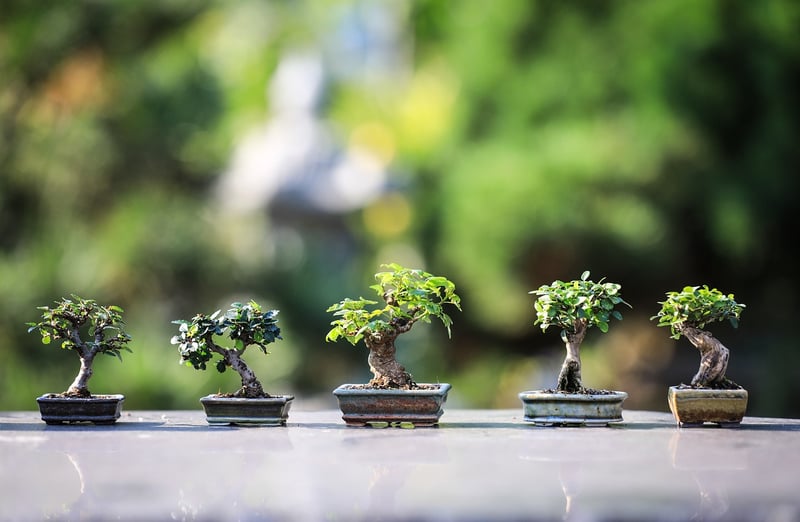Zen Garden Designs
The Art of Zen Garden Designs
When it comes to creating a peaceful oasis in your backyard, nothing quite compares to the serenity of a Zen garden. These tranquil spaces are designed to evoke feelings of harmony, balance, and relaxation. Let's explore the elements and structures that make up a traditional Zen garden design.
Elements of a Zen Garden
A typical Zen garden is characterized by simplicity and minimalism. Here are some key elements often found in these serene spaces:
- Gravel or Sand: Raked gravel or sand represents water or the ocean and is often used to create patterns that symbolize ripples or waves.
- Rock Arrangements: Large rocks or stones are strategically placed to symbolize mountains or islands, adding a sense of stability and permanence to the garden.
- Plants: Minimalist plantings such as moss, bonsai trees, or bamboo are carefully selected to add greenery and life to the garden without creating visual clutter.
- Bridges and Paths: Wooden bridges or stepping stone paths guide visitors through the garden, encouraging a slow and mindful pace.
- Water Features: Some Zen gardens include small water features like fountains or ponds, adding a soothing element to the overall design.
Structures in Zen Gardens
Structures play a crucial role in Zen garden designs, enhancing the overall aesthetic and providing functional spaces for contemplation and meditation. Here are some common structures you might find in a Zen garden:
- Tori Gate: A traditional Japanese gate often found at the entrance of a Zen garden, symbolizing the transition from the mundane to the sacred.
- Tea House: A small, simple structure where visitors can engage in tea ceremonies and find respite from the outside world.
- Stone Lanterns: These decorative lanterns add a warm glow to the garden, especially in the evening, creating a magical atmosphere.
- Seating Areas: Stone benches or wooden chairs placed strategically throughout the garden provide spaces for quiet reflection and meditation.
Paths in Zen Gardens
Paths in Zen gardens are designed to encourage mindfulness and contemplation. The winding paths and carefully placed stepping stones create a sense of journey and discovery as visitors explore the garden. Walking along these paths can be a meditative experience, helping to clear the mind and focus on the present moment.

Whether you choose to incorporate a Zen garden design in a small corner of your yard or create a dedicated meditation space, the elements, structures, and paths in a Zen garden can help you cultivate a sense of peace and tranquility in your outdoor environment.
Embrace the beauty of simplicity and balance with a Zen garden design, and let the harmonious elements guide you on a journey to inner peace.
